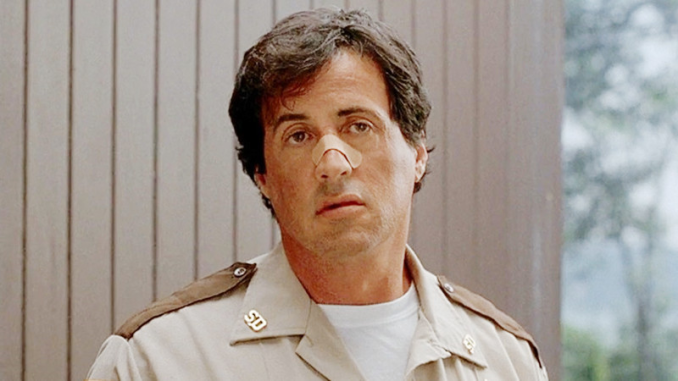
When people think of American cinema in the 1990s, it’s somewhat understandable they’d immediately leap for the big hitters: Pulp Fiction, Goodfellas, The Shawshank Redemption, Titanic.
It was a decade stuffed with memorable titles, major box office hauls, and the indie boom fueled by Sundance and Miramax. But the decade’s cultural behemoths have sometimes overshadowed a rich selection of films that haven’t lingered in the mainstream conversation in the same way.
These are the movies that were either misunderstood, overlooked, or simply swamped by noisier competition at the time. Some were box office disappointments that deserved better; others were always destined for cult status. But all of them are very much worth revisiting, or discovering for the first time.
1. Internal Affairs (1990)
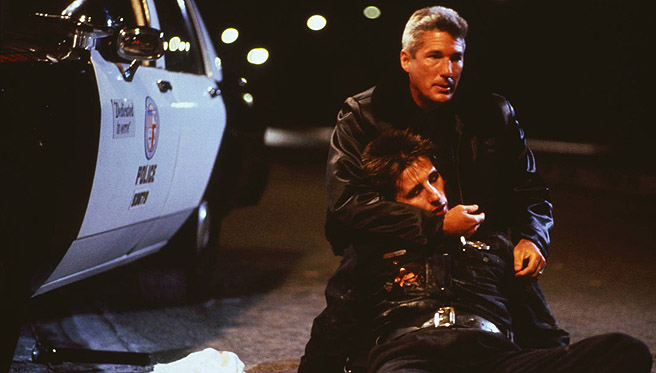
Richard Gere rarely gets enough credit as a villain, but he is superbly slimy in Internal Affairs, playing Dennis Peck, a corrupt LAPD officer whose slick exterior masks a rot that spreads far and wide. Andy Garcia, doing some of his best work, plays the righteous Internal Affairs agent who starts to unravel Peck’s criminal empire.
Director Mike Figgis (who went on to helm the Oscar winning Leaving Las Vegas in 1995) keeps the tension bubbling beneath the surface, allowing for a more psychological and insidious cop drama. It’s a film that exudes masculine insecurity, and the power dynamics shift with every scene, with Gere at the absolute top of his game.
It’s no surprise that The Departed (2006, itself a remake of the 2002 Hong Kong masterpiece Infernal Affairs) borrowed some of its tonal cues from Figgis’ film, Internal Affairs keeps you unbalanced all the way to the end.
2. Catchfire (1990)

Also known by its director’s pseudonym Alan Smithee (Dennis Hopper disowned the final cut), Catchfire is one of those notorious production disasters that hides a surprisingly compelling little noir inside. Jodie Foster plays Anne, an artist who witnesses a mafia hit and goes on the run, only to fall into the orbit of a mysterious recluse (Hopper) who may or may not be her salvation.
The film is rough around the edges, with a kind of erotic tension that feels very of its era, but Foster grounds it in something real, and there’s a fractured, offbeat energy to it that’s oddly compelling. Catchfire was understandably lost in the dust that was left by another Foster film, 1988’s gripping and harrowing The Accused; but despite its checkered history, Catchfire (especially in its longer director’s cut, ‘Backtrack’ which restores Hopper’s name to the credits) is well worth a look.
3. Alive (1993)
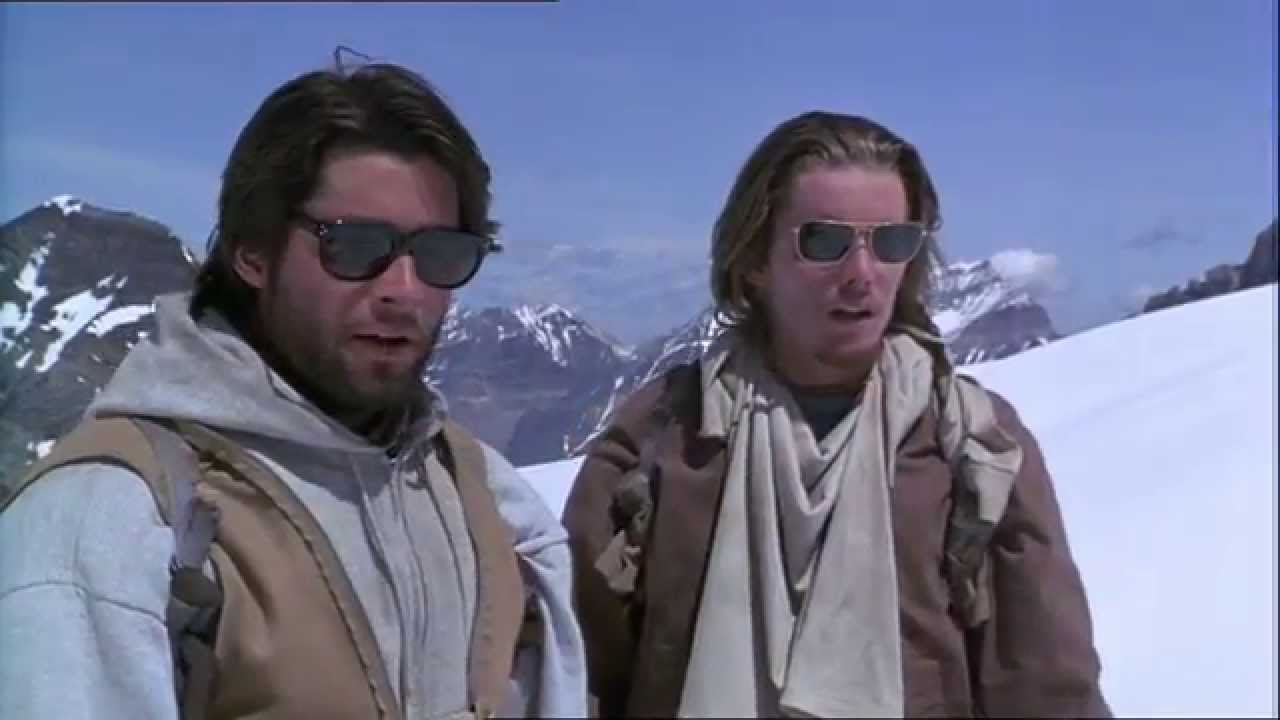
Based on the true story of the 1972 Andes plane crash, Alive didn’t exactly bomb, but it’s rarely talked about in the same breath as other survival films. Directed by Frank Marshall and featuring a young Ethan Hawke, it’s a harrowing tale of endurance, community, and of course, cannibalism.
There’s a reverence to Alive, a refusal to sensationalise the grislier aspects of the story. It’s a film about moral compromise and the instinct to live, and it handles its subject with admirable restraint.
Marshall’s film feels especially forgotten in the wake of J.A. Bayona’s sensational portrayal of the same story in 2023’s Society of the Snow; but Alive offers us a bold and daring adaptation of what is truly one of the most astonishing tales of survival in human history, and despite the admitted brilliance of Bayona’s film, Alive is a far better and more thoughtful film than it’s perhaps given credit for.
4. Kalifornia (1993)

Part road movie, part serial killer thriller, Kalifornia is an unnerving descent into America’s underbelly. David Duchovny and Michelle Forbes play a young couple touring famous murder sites for a book, only to pick up a hitchhiker (Brad Pitt) and his girlfriend (Juliette Lewis) who may embody the very material they’re trying to study.
Pitt is sensational as the charming, feral killer, and the film becomes a slow motion exercise in dread as the characters spiral toward inevitable disaster. Thematically it shares elements (and the presence of Lewis) with Oliver Stone’s Natural Born Killers which came a year later, but is a more serious affair; lacking a story written by Quentin Tarantino actually works in Kalifornia’s favour.
Dominic Sena’s film is gritty, disturbing, and full of dark irony, and although it made no sort of commercial splash on its release whatsoever, it holds up now as one of the most offbeat and effective thrillers of the ’90s.
5. Quiz Show (1994)
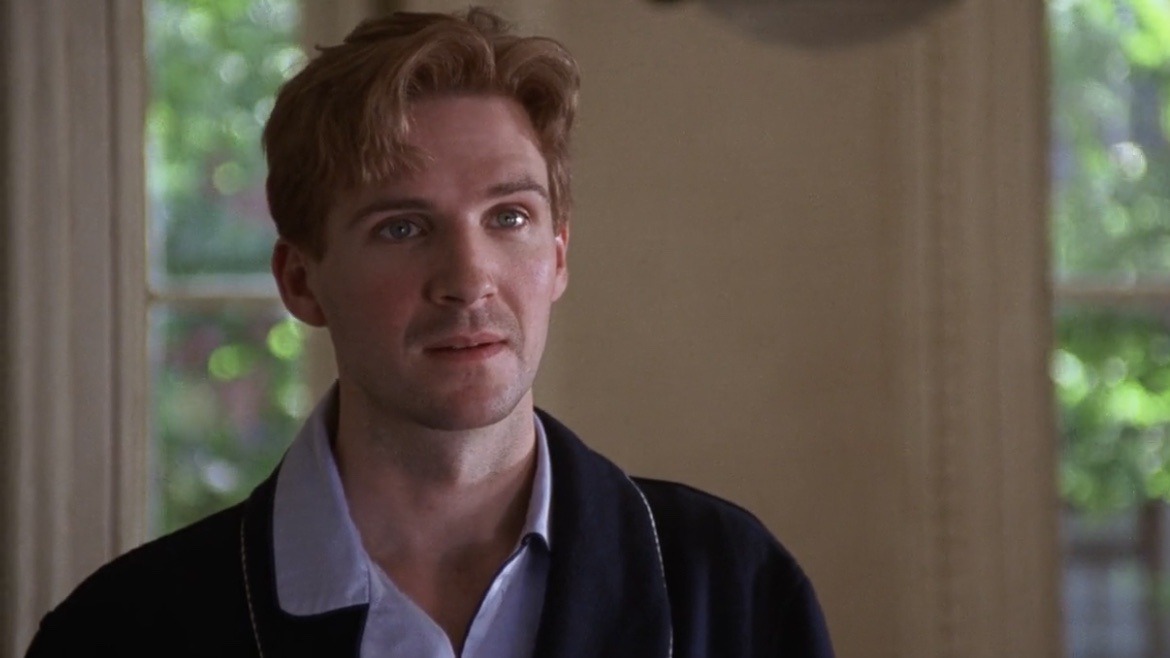
Robert Redford’s sharp, elegant drama about the 1950s quiz show scandal is one of the decade’s most intelligent films, and it has aged beautifully. Ralph Fiennes plays Charles Van Doren, a handsome, privileged intellectual who becomes the face of a rigged game show, while John Turturro is equally excellent as the more harsh, working-class contestant, who gets cast aside in favour of better ratings.
Quiz Show, as you might expect, deals with ethics, media manipulation, and the dangerous appeal of fame, all presented through a cinematic prism that doesn’t curtail to Oscar baiting scene stealing; although it was correctly nominated for Best Picture, losing in a crowded field that included Forrest Gump, Pulp Fiction and The Shawshank Redemption (all 1994).
Maybe that’s part of the reason that Quiz Show falls through the cracks somewhat when the subject of 90’s classics comes up, but don’t let that stop you giving it a watch if you haven’t already.
6. Swingers (1996)
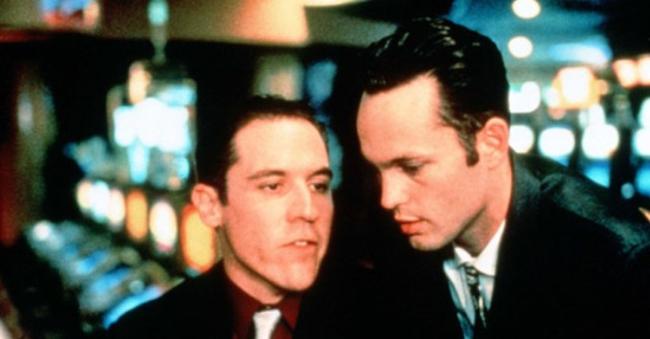
Swingers introduced the world to Jon Favreau and Vince Vaughn, two out-of-work actors navigating heartbreak, rejection, and dive bar etiquette in mid-’90s LA. Some would argue it might still be the best work either has ever done, and yet because of poor latter career choices, Swingers is frequently forgotten about.
It’s easy to forget how fresh and funny this film was when it landed, bringing an alternative energy to pop culture that had been somewhat redefined by people like Quentin Tarantino.
But beneath the surface swagger is something surprisingly heartfelt, a film about loneliness, friendship, and trying to find your footing when you feel utterly lost. This genuine feeling is something that is frequently absent from much of Vaughn’s comedic work since and remains one of the all-time great ‘break-up’ films, ironically unlike The Break-Up (2006), which also starred Vaughn.
7. Cop Land (1997)
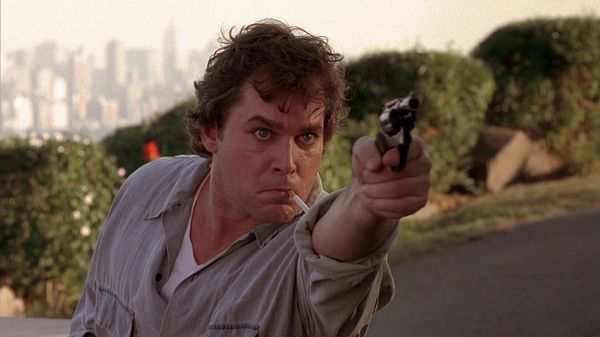
Sylvester Stallone gives one of his career best performances in Cop Land, a brooding neo-noir about corruption and compromise in a small New Jersey town populated by New York cops. Written and directed by James Mangold, it features a powerhouse supporting cast including Harvey Keitel, Ray Liotta, and Robert De Niro.
Stallone, very much playing against type, is brilliant as Freddy Heflin, a half-deaf sheriff overlooked and underestimated by everyone, until he finally reaches his limit. Cop Land’s slow-burn pacing brings the best out of Stallone, and for those who simply pigeonhole him as Rocky or Rambo, Cop Land proves that he’s a much more versatile actor than people give him credit for.
The same could be said for the film itself; although many regard Cop Land as a decent piece of work, it deserves to be in the conversation as one of the best films of the nineties.
8. Pleasantville (1998)
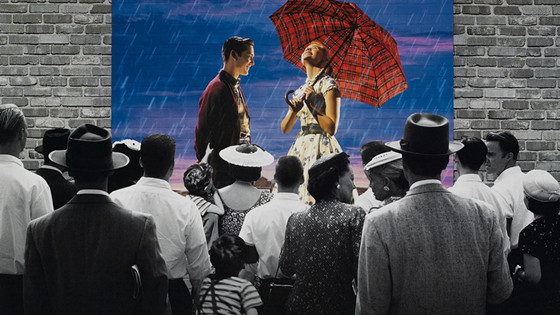
Gary Ross’s high-concept fantasy comedy didn’t exactly flop, but it remains one of the most quietly profound films of the decade. A pre-Spiderman Tobey Maguire and Reese Witherspoon are teenagers who get sucked into a 1950s sitcom, only to start colourising the black-and-white world with modern ideas of rebellion, sex, and change.
What starts as a clever gimmick becomes a beautiful musing on progress, repression, and the chaos of human emotion. The visuals are still gorgeous today, the performances subtle (Witherspoon is superb) and the message surprisingly radical.
Pleasantville feels more relevant than ever, and its third act is genuinely moving. It would be very interesting to see what a remake would look like today.
9. Bulworth (1998)

Warren Beatty’s Bulworth is one of the strangest, most audacious political satires of the ’90s, a film where a suicidal senator hires a hitman to kill him and then starts rapping truth bombs on the campaign trail while waiting for death. It shouldn’t work. But somehow, it absolutely does.
Beatty is fearless, mixing absurdist comedy, scathing social satire, and a bizarrely sincere message about race, money, and media. It’s an unhinged film that feels way ahead of its time, especially in a world where political theatre has only grown more ridiculous and the public are frequently forced to accept absurdism as reality.
There are shades of another Beatty film that was also ahead of the curve; 1976’s Network, a film in which Peter Beale’s news anchor announces he’s going to shoot himself live on air. Bulworth is in the same bizarre ballpark, and although it gets nowhere near the acclaim that Network did, it’s more than worth hunting it down.
10. Election (1999)
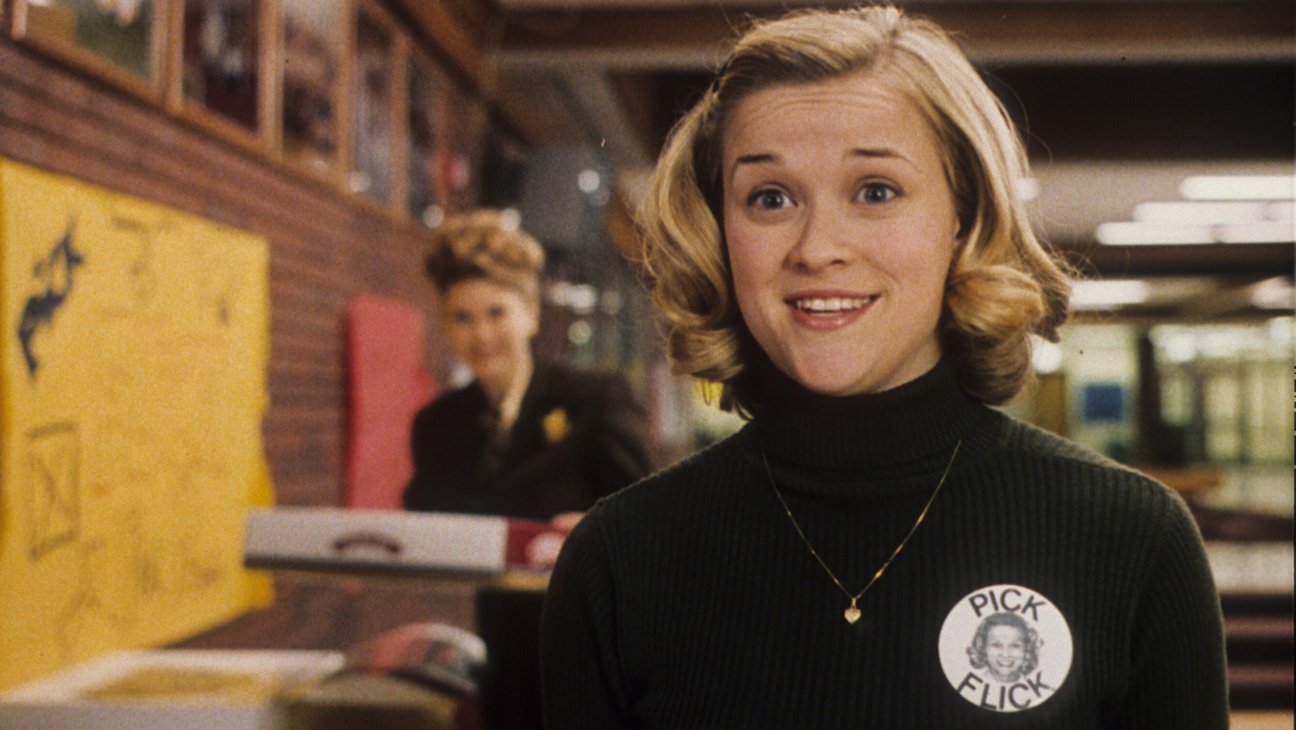
Alexander Payne’s Election is one of the sharpest, funniest, and most savage comedies of the decade. Matthew Broderick plays a high school teacher at war with overachieving student Tracy Flick (Reese Witherspoon), and the stakes feel like life and death, even if it’s just a student council election.
Based on Tom Perrotta’s novel of the same name, the film landed Payne and Jim Taylor an Oscar nomination for best adapted screenplay, and the script absolutely warrants it, it’s sharp, funny, and toes the line of comedy and drama superbly.
Election potentially gets a career best performance from Matthew Broderick, the film’s voice-overs allow you to get into the mindset of its two leads, and Broderick sells the character terrifically. Reese Witherspoon is almost always wonderful, and her performance in Election is no different; it’s an effective two hander between her and Broderick.
Payne paints a scathing portrait of American ambition in miniature, one that’s only become more prescient with time. There’s not a wasted moment here. It’s wickedly good.
Leave a Reply